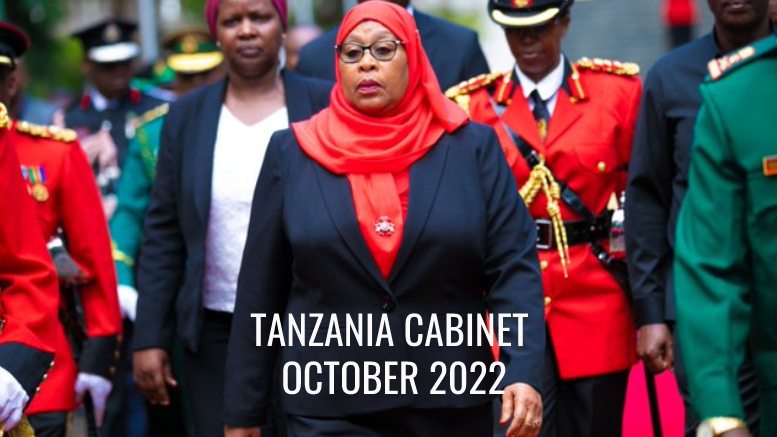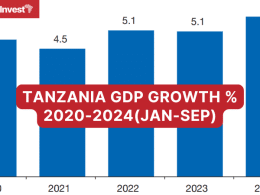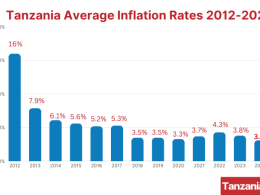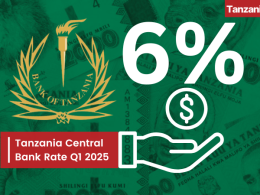On 3rd October 2022, the President of Tanzania, Hon. Samia Suluhu Hassan made minor changes to her Cabinet, replacing the Minister of Foreign Affairs, and of Defense.
She has appointed Hon. Dr. Stergomena Lawrence Tax to be Minister of Foreign Affairs and East African Cooperation. Previously Hon. Dr. Tax was the Minister of Defense and Nation Service. She replaces Hon. Ambassador Liberata Mulamula.
She has appointed Hon. Innocent Lugha Bashungwa to be the Minister of Defense and Nation Service. Previously Hon. Bashungwa was the Minister of State in the President’s Office for Regional Administration and Local Government (TAMISEMI).
Finally, she has appointed Angellah Jasmine Kairuki as a Member of the Parliament and Minister of State in the President’s Office for Regional Administration and Local Government (TAMISEMI).










